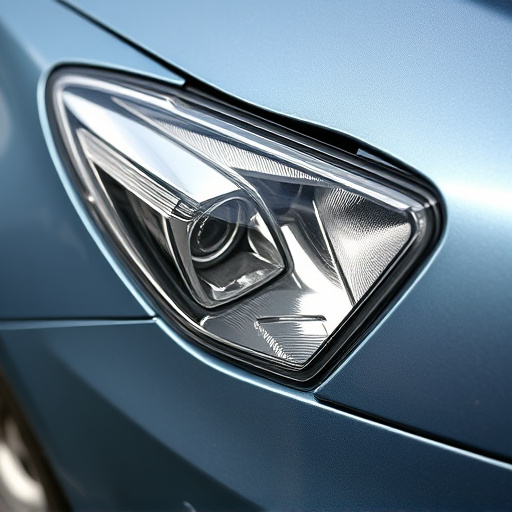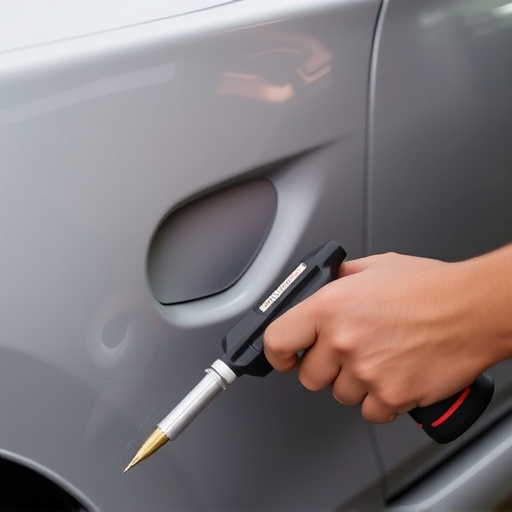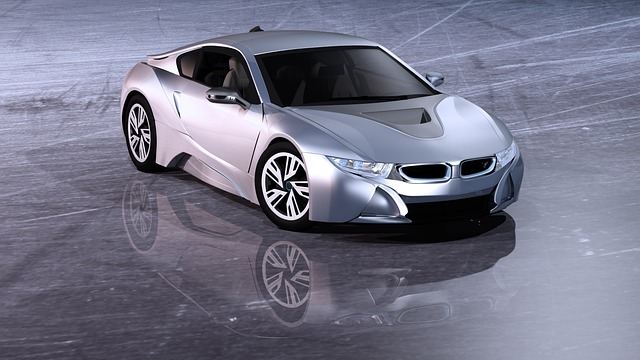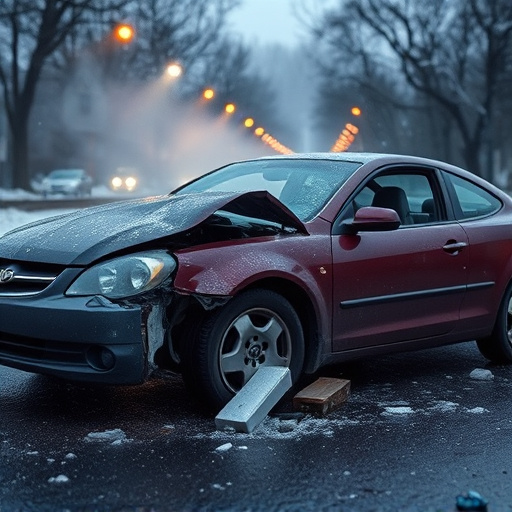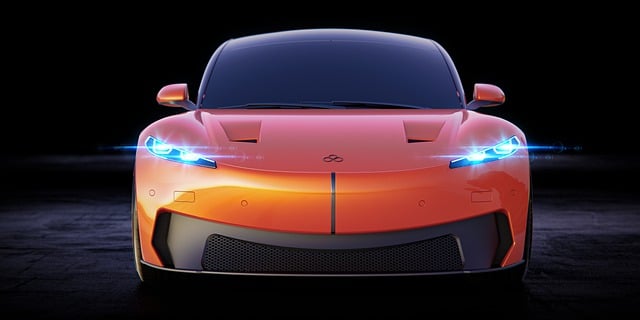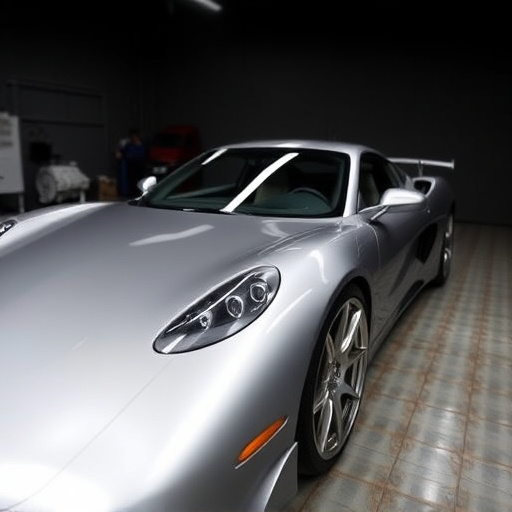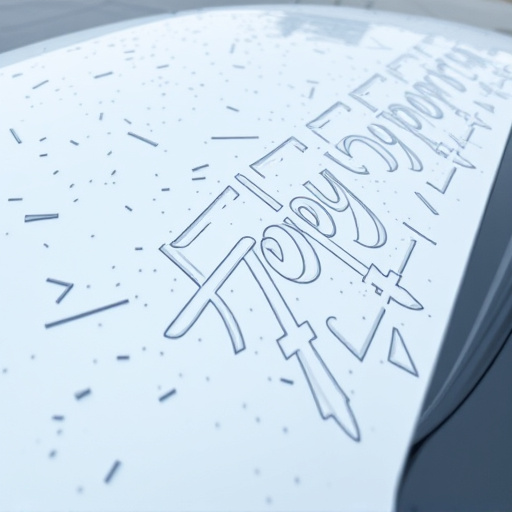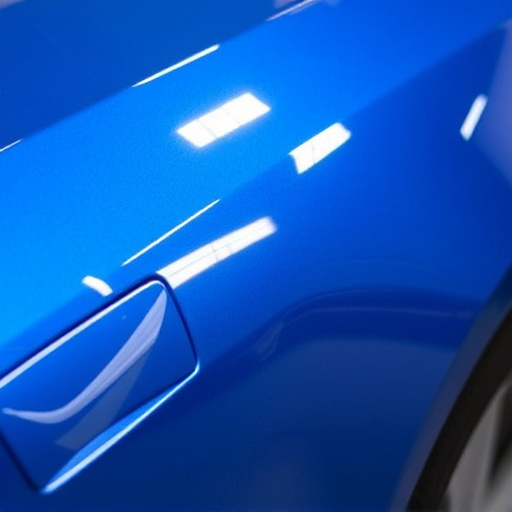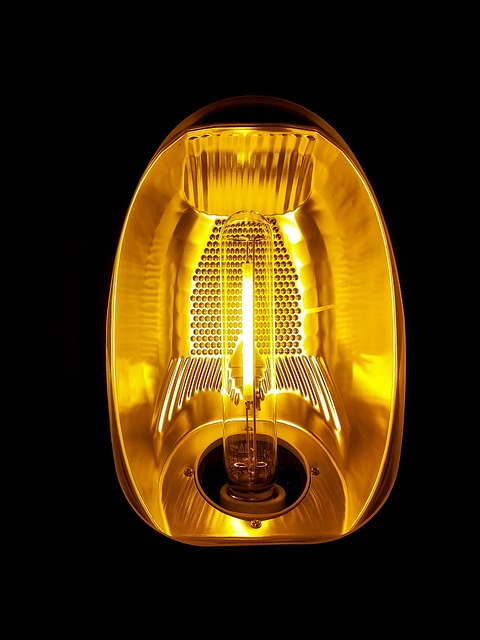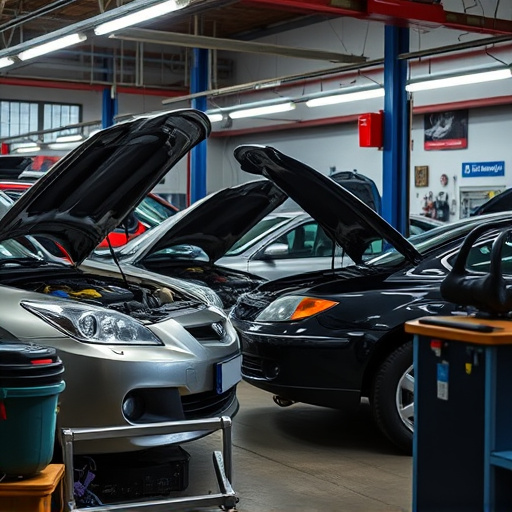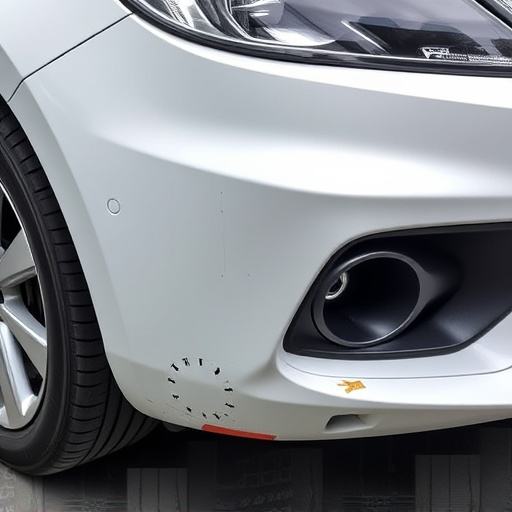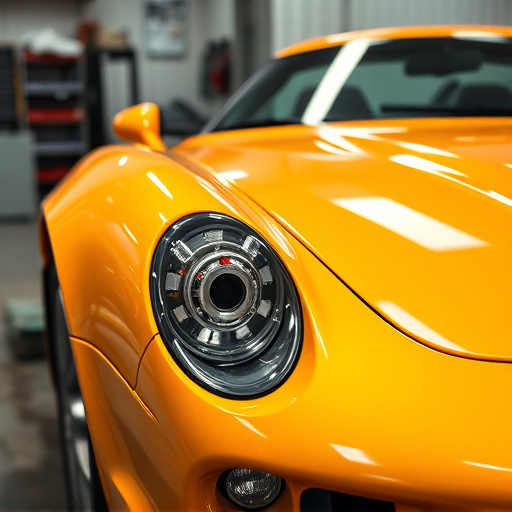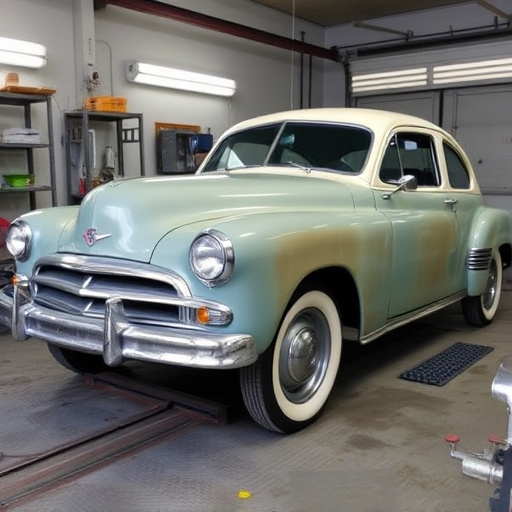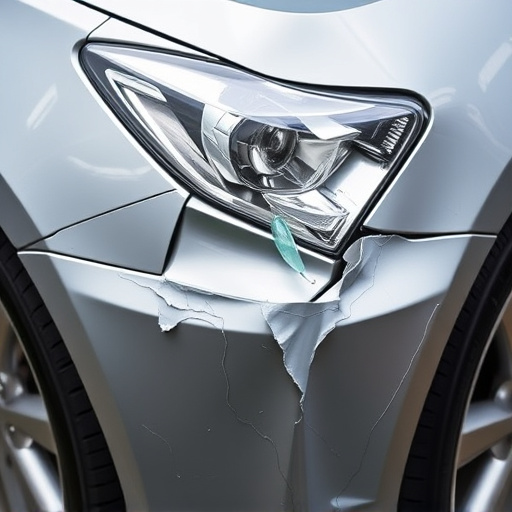Mercedes Night Vision technology enhances driver safety with thermal imaging and high-res cameras, detecting objects even in total darkness. Mercedes night vision calibration is essential for maintaining system effectiveness, accuracy, and sensitivity, preventing false readings and collisions. Regular calibration, including after collision repair, ensures optimal performance, improving safety and facilitating easier vehicle paint repairs in low-light conditions. Rigorous testing and professional calibration at trusted auto body shops are crucial for peak system efficiency and enhanced driver experience.
Mercedes-Benz has revolutionized driving under low-light conditions with its cutting-edge Night Vision technology. To ensure optimal performance, a meticulous process of calibration is essential. This article delves into the significance of Mercedes night vision calibration in test environments, exploring how it enhances safety and visibility. We’ll dissect the role of calibration, the testing procedures involved, and why it’s vital for drivers to maintain this advanced feature.
- Understanding Mercedes Night Vision Technology
- The Role of Calibration in Low-Light Conditions
- Testing and Ensuring Optimal Performance
Understanding Mercedes Night Vision Technology
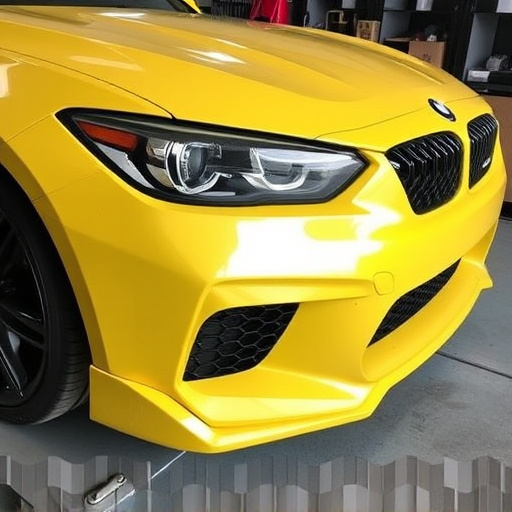
Mercedes Night Vision technology is a cutting-edge safety feature designed to enhance visibility and reduce risks during low-light driving conditions. This advanced system employs a combination of thermal imaging and high-resolution cameras to detect and track objects in front of the vehicle, even in complete darkness. By calibrating these sensors accurately, Mercedes ensures optimal performance, allowing drivers to navigate safely in challenging night-time scenarios.
Proper Mercedes night vision calibration is crucial for maintaining the system’s effectiveness. It involves meticulous adjustments to ensure the technology accurately interprets and displays potential hazards, such as pedestrians, animals, or stationary objects. This process mimics the way human eyes adapt to changing light conditions, ensuring drivers receive a clear and accurate representation of their surroundings. Regular calibration also aids in preventing issues like false readings or reduced sensitivity, which could be detrimental during critical driving situations, even when considering related services like automotive collision repair, dent removal, or bumper repair.
The Role of Calibration in Low-Light Conditions
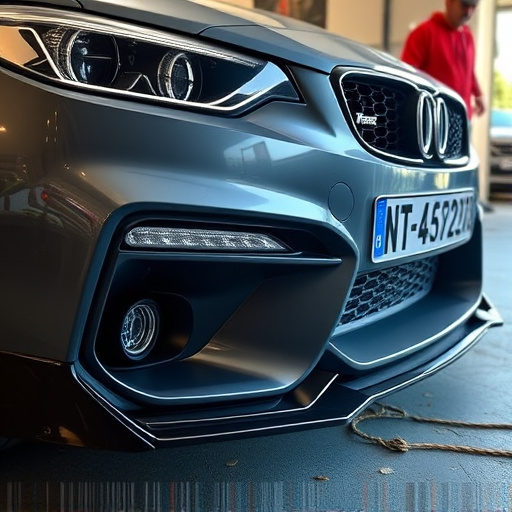
Mercedes night vision calibration plays a pivotal role in enhancing safety during low-light driving conditions. In environments where visibility is reduced, properly calibrated sensors and cameras are essential to detect potential hazards. Regular calibration ensures that the system remains accurate and reliable, allowing drivers to navigate with confidence. This process involves fine-tuning the system’s parameters to account for changes in weather, road conditions, and vehicle dynamics.
Accurate night vision is crucial not just for driver safety but also for preventing automotive collisions. Unlike human eyes, which can struggle in complete darkness, advanced calibration enhances the car’s perception capabilities. This is particularly important during nighttime driving or in areas with dim lighting, where vehicles may be less visible to one another. By maintaining precise calibration, vehicle paint repair and restoration services become easier, ensuring that any damage caused by low-light conditions or collisions can be effectively addressed, ultimately contributing to a safer overall driving experience.
Testing and Ensuring Optimal Performance
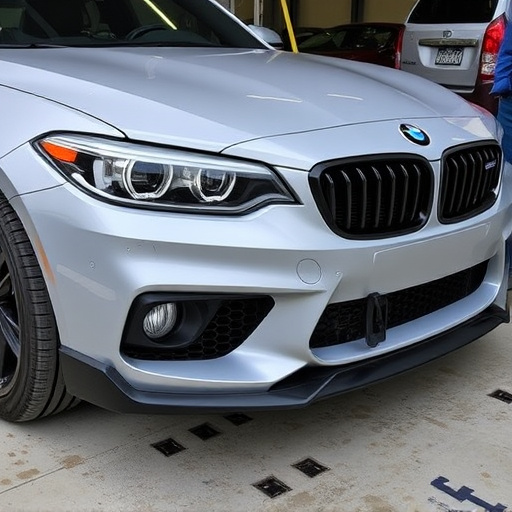
To ensure optimal performance of Mercedes night vision systems, rigorous testing is conducted in low-light test environments. These simulations mimic real-world driving conditions, subjecting the vehicle to various lighting scenarios, from dimly lit streets to complete darkness. This comprehensive testing process involves advanced equipment and specialized technicians who meticulously calibrate each system component, ensuring precise object detection, accurate depth perception, and clear image quality in near total blackness.
Regular calibration at a trusted auto body shop or during auto collision repair is crucial for maintaining the effectiveness of Mercedes night vision technology. Over time, environmental factors and vehicle wear can impact sensor accuracy, leading to reduced performance. By scheduling routine calibrations, owners can be confident that their vehicles’ night vision capabilities remain at peak efficiency, enhancing safety and driving experience in low-light conditions.
Mercedes night vision calibration is a critical process that ensures optimal performance in low-light test environments. By understanding the technology and the importance of calibration, Mercedes continues to lead in automotive safety. Through rigorous testing, the company guarantees that their night vision systems provide drivers with clear, reliable visuals even in the darkest conditions, enhancing overall driving confidence and security.
